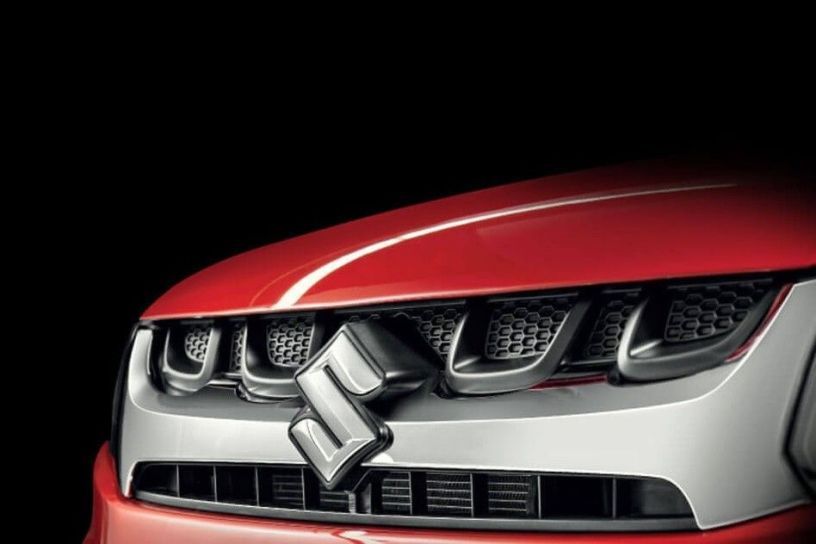Maruti Suzuki Sets Sight On Manufacturing Affordable Electric Cars In India
Published On Dec 22, 2017 07:35 AM By Jagdev
- Write a comment
The company, however, has clearly stated that it won’t sell electric cars at a loss

Maruti Suzuki was caught off guard when the government announced its all-electric mobility plan earlier this year. The fine print of the plan, the deadline for which has been set as 2030, is not public yet and we don’t know whether the government wants to ban the sale of cars with an internal combustion engine (ICE) altogether by 2030 or just ban any new car launches with an ICE post the deadline. But the announcement certainly brought the country’s largest carmaker into action, as it could feel its throne being shaken in India owing to its lack of experience in manufacturing electric vehicles whatsoever.
It now appears as if Maruti Suzuki is making quick strides in the electric vehicle space. And in order to ensure its brightest child continues its dream run, parent Suzuki is putting more effort than ever. The Japanese carmaker has already set up a battery plant in India, a first for any automaker in the country. It has also partnered with Toyota to work on electric vehicles for India. Both the manufacturers also intend to establish charging stations, train personnel for after-sales services, work on disposal of used batteries, etc.
While Toyota has already announced that it will launch its electric vehicles in the early 2020s starting with the Chinese market followed by other markets including India, Suzuki was yet to come out with a plan. Now, at its annual meeting, Maruti Suzuki has cleared that it intends to launch electric vehicles in the nation at the turn of the next decade. The carmaker also revealed that it plans to launch affordable electric vehicles for India.

The electric car space will see some action before Maruti Suzuki comes out with its first EV. Mahindra and Tata can both dominate the affordable EV space in India with products based on the KUV100 and Tigor, respectively. Mahindra has already announced that it’s coming up with a KUV100-based EV, but Tata is yet to formally announce a Tigor-based EV for India. Since the Tigor EV is already under production in the country (for the EESL order), offering it to the masses is certainly not impossible for Tata. However, none of these carmakers have announced a plan to manufacture batteries in India. Batteries are expensive and importing them adds to the cost. Suzuki’s Gujarat battery plant can then be Maruti Suzuki’s trump card to win the entry-level EV battle.
Toyota confirms it'll launch an EV in India. Read more about it here.
However, it looks like Maruti Suzuki is yet to chart out the final plans for its first EV made for India. RC Bhargava, chairman, Maruti Suzuki India, mentioned at the company’s annual meeting that the carmaker will undertake a market research to see what Indian customers expect from electric vehicles. He also specified that Maruti started its Indian innings with a similar market research to understand the buyer’s psyche. The market research is expected to be completed by February 2018. Maruti could also reveal more details about the new electric vehicle that it’s developing in February at the Auto Expo 2018. Who knows, maybe the company might come out with a concept EV as well to gauge the response of the public and the media.
Renault is also working on Kwid-based EV. Read about it here.
Apart from EVs, Maruti Suzuki is also planning to set up charging infrastructure for buyers. But the carmaker is yet to disclose its plans regarding the same. So, there’s still time for us to know where and how Maruti Suzuki plans to set up electric vehicle charging stations. Do you think Maruti Suzuki will be able to dominate the electric vehicle space as well? Let us know in the comments section below.














